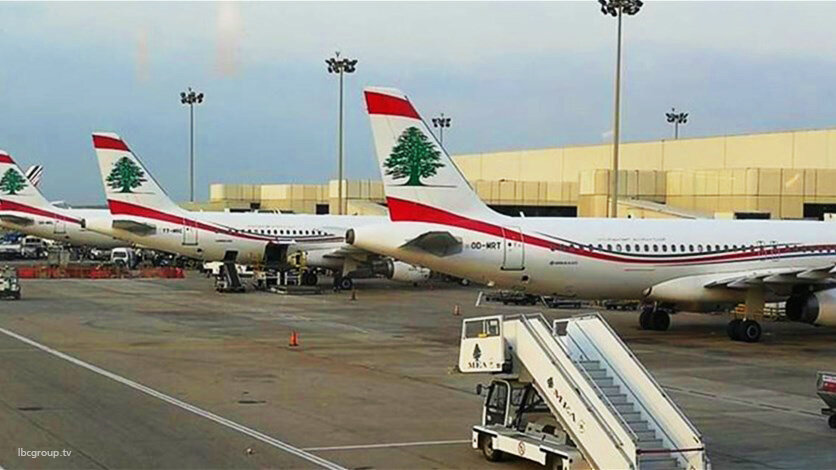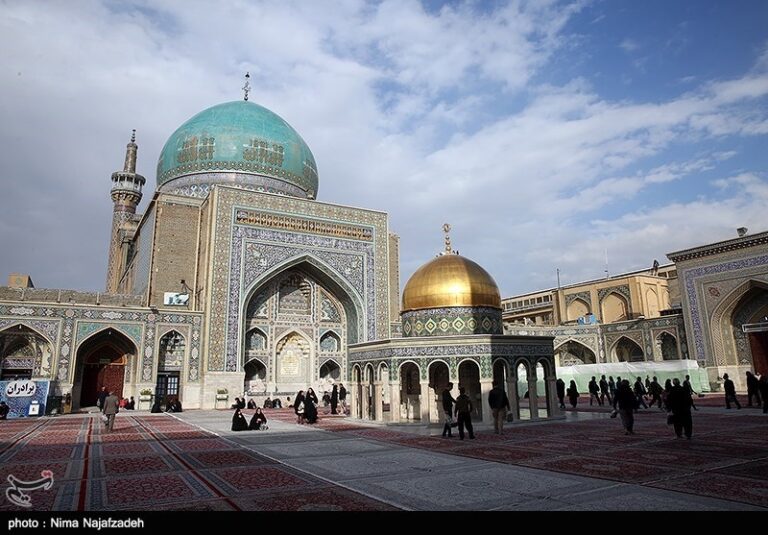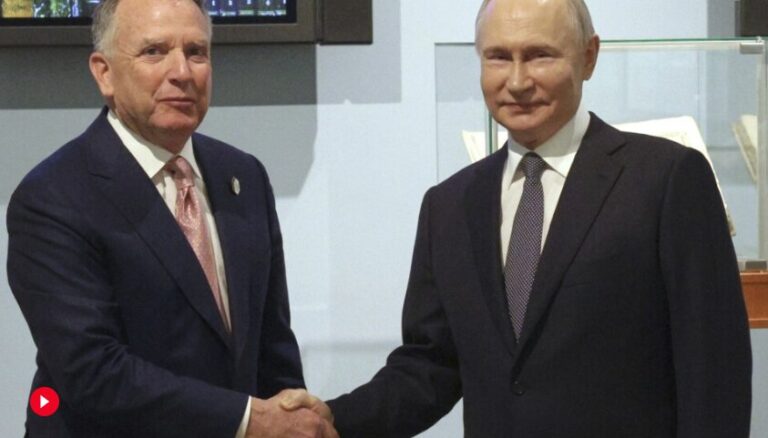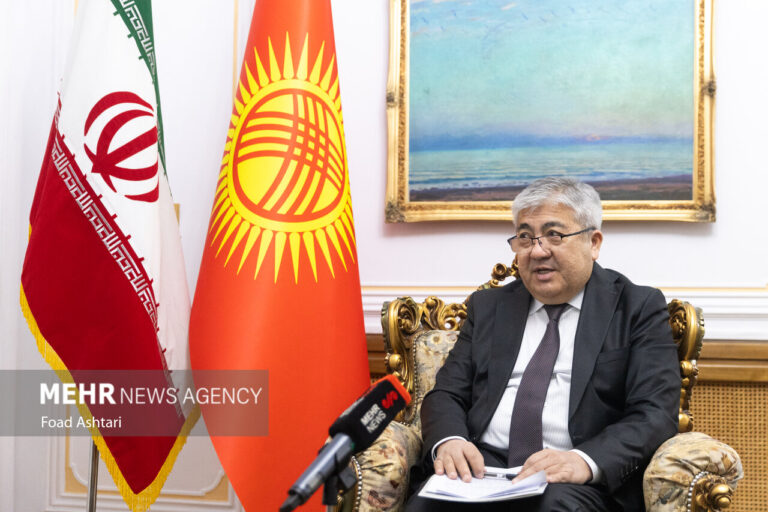Iran Condemns Israeli Aggression Against Lebanese Aviation: A Rising Tension in the Region
The recent threats posed to a passenger plane carrying Lebanese citizens by the Zionist regime have raised significant concerns regarding safety in domestic flights to Beirut Airport. Esmail Baghaei, the spokesperson for the Iranian Ministry of Foreign Affairs, has condemned this action as a blatant violation of international law and Lebanon’s national sovereignty. In this article, we will explore the implications of these developments and the response from both Lebanese citizens and international organizations.
Baghaei emphasized that the Israeli regime’s actions are not isolated incidents but rather part of a broader pattern of gross violations of international principles. He called for urgent intervention from international agencies, particularly the International Civil Aviation Organization (ICAO), to address Israel’s dangerous conduct that threatens the safety of domestic aviation.
On Thursday, tensions escalated when protesters took to the streets, blocking access to Beirut’s Rafic Hariri International Airport. This demonstration was sparked by the airport authorities’ controversial decision to prevent an Iranian flight, carrying dozens of Lebanese passengers, from landing. The situation quickly intensified, leading to significant unrest.
- Protesters’ Grievances: Demonstrators expressed their discontent with the Lebanese government’s decision, accusing it of being unduly influenced by the United States and Israel.
- Actions Taken: In response to the government’s decision, protesters obstructed the airport road, set fire to tires, and clashed with Lebanese military personnel attempting to restore order.
- Demands Made: The protesters demanded that the Iranian flight be allowed to land like any other commercial flight.
The atmosphere was charged as protesters chanted anti-American and anti-Israeli slogans, reflecting their frustration and anger towards perceived foreign interference in Lebanese affairs. The situation became increasingly volatile as clashes broke out between demonstrators and military personnel who were trying to clear the blockade.
This incident is not just about a single flight; it highlights the broader geopolitical tensions in the region and the precarious position of Lebanon amidst external pressures. As Baghaei pointed out, the actions of the occupying regime are a direct challenge to Lebanon’s sovereignty and safety.
Furthermore, the Iranian government’s response underscores the need for international oversight in aviation matters, especially in regions prone to conflict. The call for ICAO’s intervention is a critical step towards ensuring that such violations do not continue unchecked.
Many observers believe that the situation could escalate further if not addressed promptly by international authorities. The protests reflect a deep-seated frustration among Lebanese citizens regarding their government’s decisions and the influence of foreign powers.
In summary, the disruptions at Beirut Airport due to the threats against an Iranian flight carrying Lebanese citizens signify a troubling trend in regional politics. It is imperative for international organizations to step in and uphold the principles of aviation safety and national sovereignty. Only through collective action can the safety of all passengers be guaranteed, ensuring that incidents like this do not become a recurring theme.
As the situation develops, it remains to be seen how both the Lebanese government and international bodies will respond to the growing concerns over aviation safety and national sovereignty. The coming days will be crucial in determining the next steps in this ongoing conflict.
In light of these events, it is essential for the international community to recognize the dangers posed by such actions and work towards a resolution that respects the rights of all nations involved.






